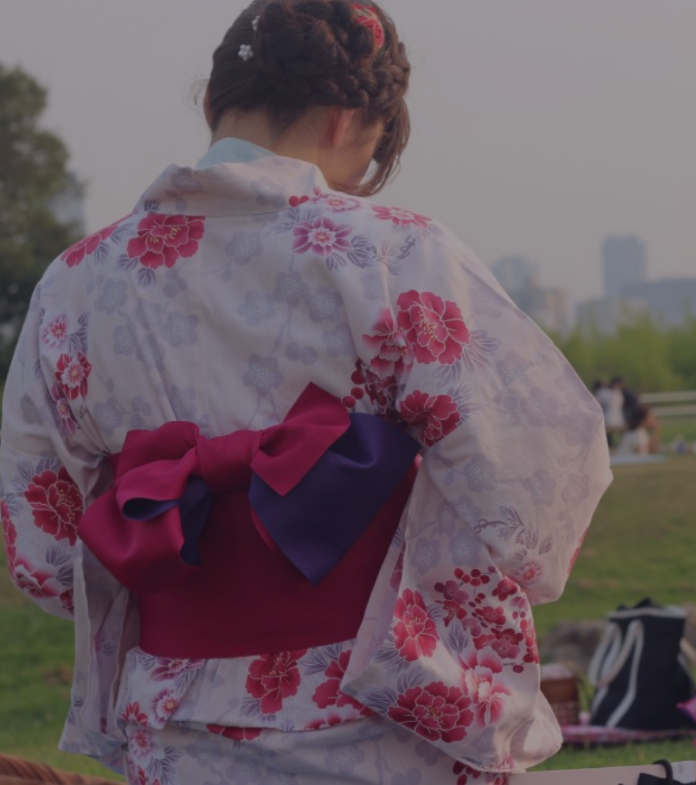TRYING TO CONCEIVE

This is the first in a series of posts on female fertility
In this series of blogs I would like to attend one of the most challenging and often heart wrenching problems of modern life: the problems that modern couples face sometimes to conceive.
In the UK 1 in 7 couples face this problem.
I will try to elaborate on the backgrounds of fertility and the approaches to this problem.
I will also try to balance the approach from Western Medicine and ancient Oriental attitude (two thousand years older than ‘Modern Medicine’).
I don’t personally believe in the superiority of either attitude but my argument is that this problem should give us ‘food for thought’ to a much bigger audience than the couples who are struggling with this problem.
Basically it concerns us all. Both attitudes are offering us different understandings.
Obviously this problem has to be attended by both potential parents, but often it is the woman who comes for help first.
The first aspect to attend in clinical practice is the often vaguely defined or understood aspect of anxiety. The couple, or as many times is the case, the hopeful mother comes with a charge of anxiety and other emotional baggage that should be attended in any successful therapy..
As Oriental Attitude teaches: we’re not treating a problem, we’re treating the person.
The first anxiety is the desire to become mother and the second one arrives if that doesn’t happen in the projected time.
Anxiety influences your quality of breath and that influences your levels of energy (Qi in Chinese)
According to ancient understanding the levels of energy in a woman’s body define the quality of her egg cels in her ovaries.
Modern society has produced unprecedented levels of stress that have a massive impact on the wellbeing of women and have affected their ways of looking at becoming a mother.
We will come back on this.
On the other hand secularisation has produced the growth of an attitude that makes us feel in control, first a career, then a house and a husband and then a baby.
This item touches the mystery of existence, it’s difficult on a daily base to imagine that we all were once on cell. Conceiving is talking about miracle, or as more profound understanding teaches us: it’s a gift. Depending on one’s attitude we try to define were it comes from, but certainly from a place beyond our control.
On average a woman is born with one million ovulos. (eggs) When she reaches puberty around 300.000 are left. During her fertile period another 1000 are absorbed every month.
According to ancient understanding it’s of crucial importance to keep her ovaries in the best energetic condition possible.
Energy in our system diminishes during the years. In the last century the age for women having children have been steadily growing and is now even growing much faster.
In 1938 mothers under the age of 30 accounted for 60% of total births, in 2018 this dropped to 40%. Obvious the quality of eggs diminishes over the years.
This is also dependent on our energy economics, maybe we spent more than we receive, maybe we should look deeper into that.
Energy economics depend a lot on body temperature.
In ancient attitude one of the main factors is simply body and especially ‘Hara’ (Japanese for centre, abdomen) temperature.
Normally were not aware of how much energy is needed to keep our temperature at around 37 degrees.
Last week I passed on my bicycle through Brighton and saw two young women eating ice creams dressed in crop tops with their bellies open in the air, me in my double layered North Face dawn jacket, temperature wa 5 degrees.
In my town, Amsterdam in mid winter people order chilled orange juice for breakfast. Citrus fruit already has a cooling quality, chilled even more.
Most of you have seen pictures of traditionally dressed Japanese Geishas in their kimonos wearing their ‘Obi’ (knot) on their lower back.
There is a discussion of where this comes from but truth is, it’s part of their traditional dress. Geishas who were nothing underneath but with their Obi keep their kidneys and therefore their ovaries warm.
In Oriental tradition this is crucial.
Japanese men wrap cloths around their abdomen and back (Hara) because that’s where all essential energy is lodged.
Maybe we can learn from them.
A suivre.
 Marcus Van Slageren
Marcus Van Slageren